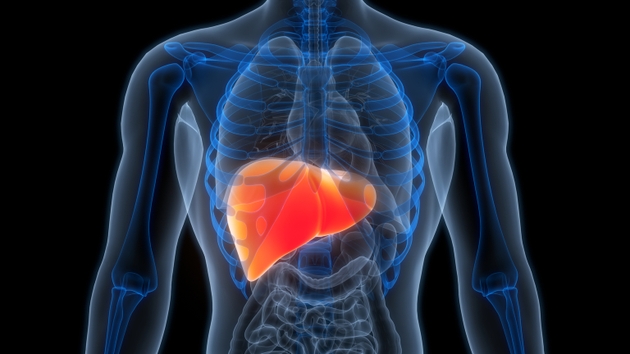Health
Merck and Eisai’s Liver Cancer Combination Treatment Fails Trial

Merck and Eisai announced that their late-stage clinical trial assessing the combination of Keytruda and Lenvima, alongside transarterial chemoembolization, has not met one of its primary objectives. The trial, focused on treating non-metastatic hepatocellular carcinoma, a common form of liver cancer, encountered setbacks during an interim analysis.
This combination was anticipated to enhance treatment outcomes for patients with this aggressive cancer type. The trial’s failure to achieve its primary endpoint raises significant questions about the effectiveness of the treatment strategy.
Details of the Trial and Its Implications
The trial involved a robust patient cohort and aimed to evaluate the efficacy of the combined therapies in improving survival rates. The interim analysis, conducted in November 2023, indicated that the addition of transarterial chemoembolization did not provide the anticipated benefits when used with Keytruda and Lenvima.
This outcome is particularly disappointing given the high hopes surrounding immunotherapy and targeted treatment options in oncology. Keytruda, a well-known checkpoint inhibitor, has previously shown promise in various cancers, while Lenvima is recognized for its potential in targeting tumor growth. The integration of these therapies was viewed as a potential advancement in the fight against liver cancer.
The failure of this trial may have broader implications for ongoing research and development within the pharmaceutical industry, especially concerning liver cancer treatments. Investors and stakeholders are likely to scrutinize future developments from both Merck and Eisai as they reassess their strategic directions following this setback.
Next Steps for Merck and Eisai
Following the trial’s disappointing results, both companies are expected to analyze the data comprehensively to identify potential areas for improvement in their treatment protocols. They may also explore other combinations or treatment approaches to enhance patient outcomes in the future.
The pharmaceutical landscape is continuously evolving, with numerous companies investing heavily in liver cancer research. The recent developments from Merck and Eisai could impact investor sentiment and influence the trajectory of related drug development initiatives.
As the results from this trial circulate, the focus will shift to how both companies will respond and adapt their strategies moving forward. The fight against liver cancer remains a critical area of concern, and further research will be paramount in developing effective treatments for affected patients.
-

 Science2 months ago
Science2 months agoToyoake City Proposes Daily Two-Hour Smartphone Use Limit
-

 Health2 months ago
Health2 months agoB.C. Review Reveals Urgent Need for Rare-Disease Drug Reforms
-

 Top Stories2 months ago
Top Stories2 months agoPedestrian Fatally Injured in Esquimalt Collision on August 14
-

 Technology2 months ago
Technology2 months agoDark Adventure Game “Bye Sweet Carole” Set for October Release
-

 World2 months ago
World2 months agoJimmy Lai’s Defense Challenges Charges Under National Security Law
-

 Technology2 months ago
Technology2 months agoKonami Revives Iconic Metal Gear Solid Delta Ahead of Release
-

 Technology2 months ago
Technology2 months agoSnapmaker U1 Color 3D Printer Redefines Speed and Sustainability
-

 Technology2 months ago
Technology2 months agoAION Folding Knife: Redefining EDC Design with Premium Materials
-

 Technology2 months ago
Technology2 months agoSolve Today’s Wordle Challenge: Hints and Answer for August 19
-

 Business2 months ago
Business2 months agoGordon Murray Automotive Unveils S1 LM and Le Mans GTR at Monterey
-

 Lifestyle2 months ago
Lifestyle2 months agoVictoria’s Pop-Up Shop Shines Light on B.C.’s Wolf Cull
-

 Technology2 months ago
Technology2 months agoApple Expands Self-Service Repair Program to Canada









